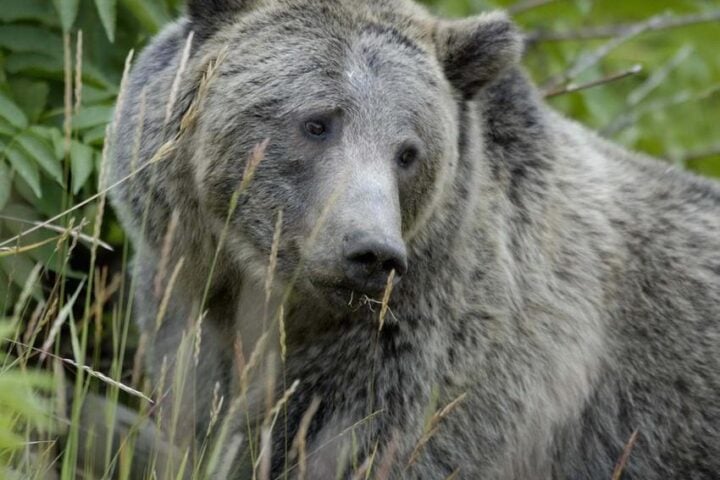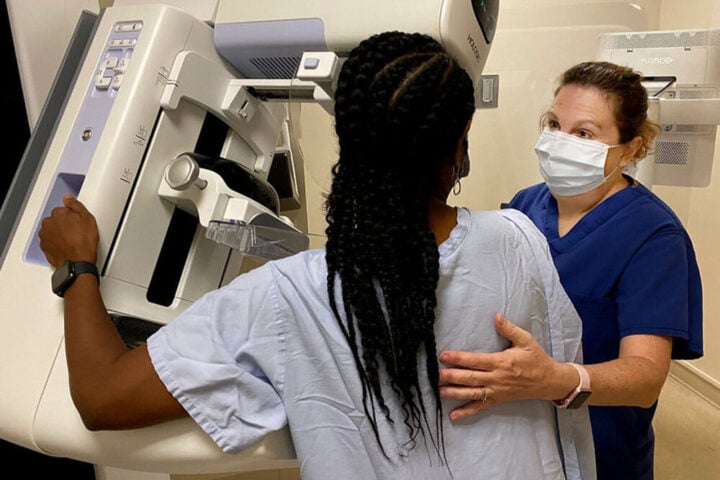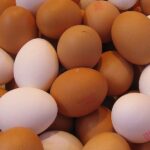A dangerous type of bird flu virus, known as H5N1, has recently made its way from birds to dairy cows in Nevada. This is particularly important because this same virus variant, called D1.1, was connected to a death in Louisiana last month.
Think of viruses like unwanted guests who sometimes figure out how to visit new houses. Usually, this bird flu virus only affected birds, but now it’s found a way to infect cows – something scientists didn’t expect to happen so easily. By February 2025, it had spread to cow herds in 16 herds, affecting more than 957 farms.
“This is spreading in ways we haven’t seen before,” explains Dr. Meghan Davis from Johns Hopkins University. She points out that while most people don’t need to worry, we should pay attention to these changes.
When cows get infected, they show signs similar to a bad cold – coughing, sneezing, and feeling tired. They also produce less milk. This drop in milk production, combined with the virus affecting chicken farms, has led to noticeable changes at grocery stores. Egg prices have doubled since August 2023, reaching $4.10 per dozen by the end of 2024. The USDA expects prices to go up another 20% this year.
The story gets more interesting when we look at how the virus is spreading. European starlings, birds that migrate through Nevada in winter, might be carrying it to dairy farms. Picture these birds, about 200 million of them, moving like traveling salespeople but spreading an unwanted virus instead of goods.
Similar Posts
What does this mean for your family’s health? So far, 67 people in the United States have caught this flu since early 2024. Most cases were mild, causing pink eye and fever in farm workers. However, two serious cases – one fatal in Louisiana and one teenager hospitalized in Canada – have made doctors more cautious.
“The good news is that your regular store-bought milk is safe,” says Peter Rolfe, Nevada’s State Veterinarian. “Pasteurization, the process that makes milk safe to drink, kills the virus.” He emphasizes that as long as you’re drinking pasteurized milk and cooking meat properly, you’re protected.
For dairy farmers, this outbreak means taking extra precautions. J.J. Goicoechea from Nevada’s agriculture department explains that the virus can spread through contaminated clothing and equipment, much like how we spread germs on doorknobs and surfaces. That’s why farms are increasing their cleaning and safety measures.
To protect yourself and your family:
- Keep buying pasteurized milk products – they’re safe.
- Cook meat thoroughly.
- Avoid raw milk products.
- Pay attention to food safety guidelines..

Dr. Davis adds an important perspective: “We’re learning that viruses can surprise us by finding new ways to spread. While the risk to most people remains low, staying informed helps us all make better decisions about our health and safety.”
Scientists and health officials continue to watch this situation closely. While they work to control the virus’s spread, the biggest impact most people will notice is in their grocery bills, especially for eggs and dairy products.
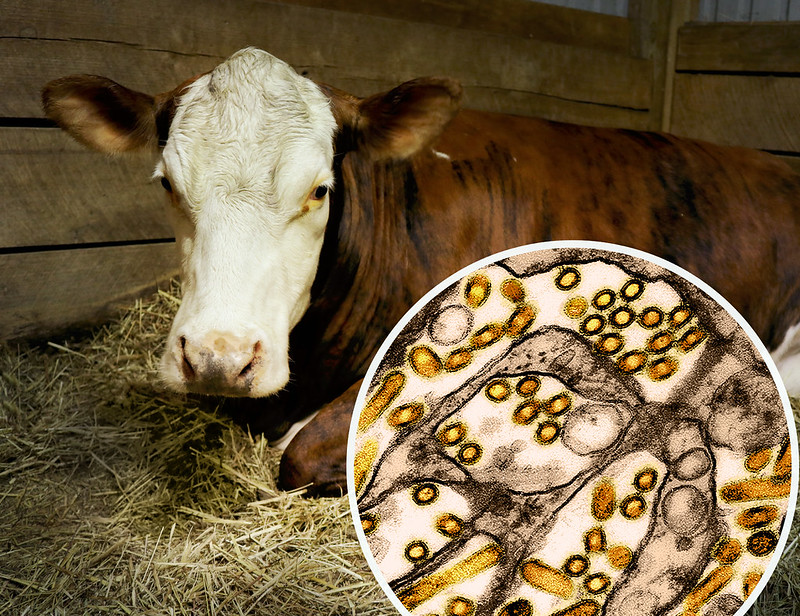
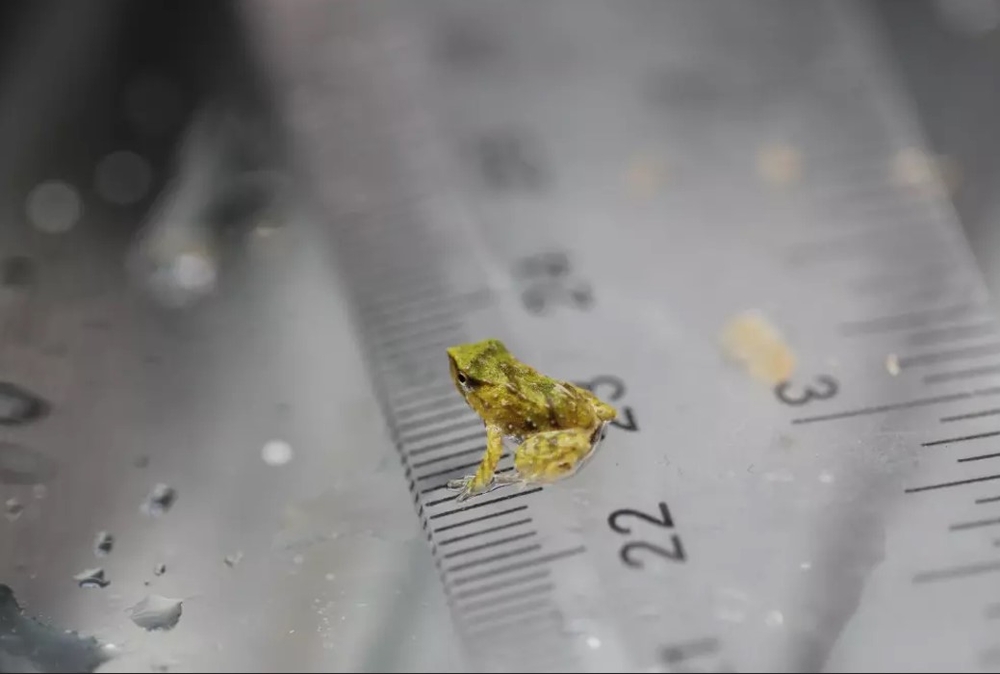





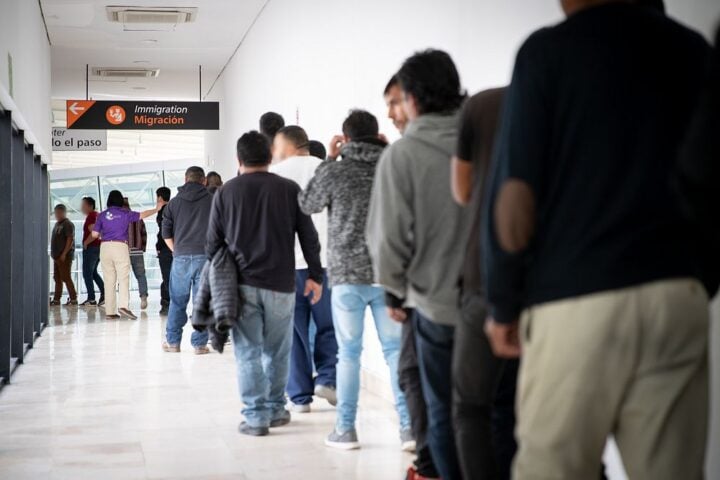


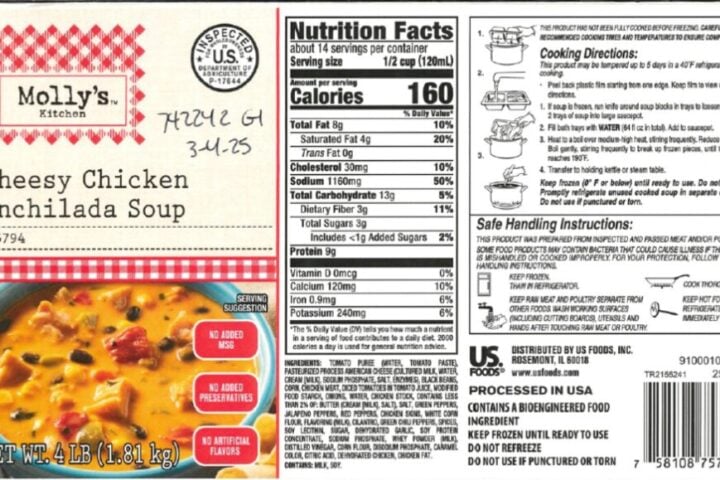


![Representative Image: European Starling [49/366]. Photo Source: Tim Sackton (CC BY-SA 2.0)](https://www.karmactive.com/wp-content/uploads/2025/04/Starlings-Drop-82-in-UK-Gardens-as-Birdwatch-2025-Reveals-Record-Low-Count-Since-1979-720x480.jpg)

